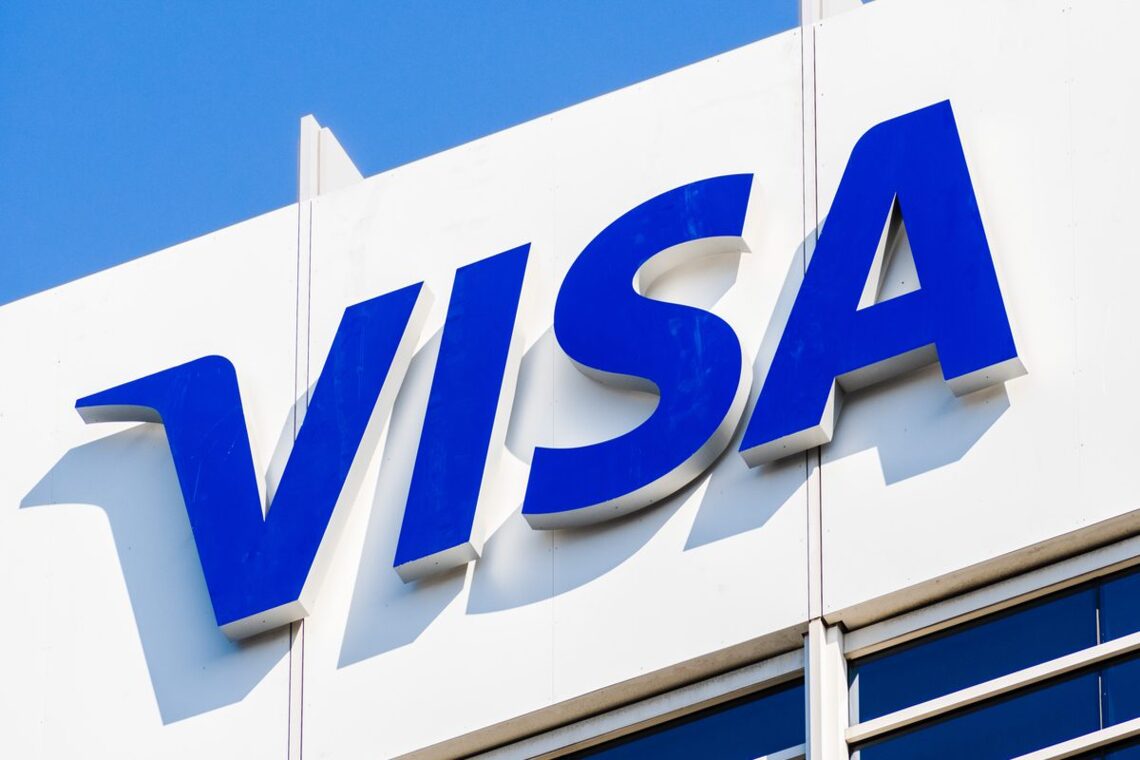The Visa circuit today announced a partnership with fintech payments company Thunes to expand their access to digital wallets that connect emerging markets with the rest of the world.
Through this partnership, Thunes’ B2B payments platform will connect to the Visa Direct circuit, bringing cross-border wallet-sending functionality to 78 digital wallet providers that are already integrated with Thunes.
Through a simple Visa Direct integration, financial institutions, governments, new banks and money transfer operators will be able to use the new functionality to enable consumers and small businesses to send funds to markets in Africa, Asia and Latin America, where wallets are typically the go-to payment method.
In detail, the 1.5 billion digital wallets will reach 44 countries and territories.
Summary
The partnership with the Visa circuit
This partnership will now expand Visa Direct circuit’s reach to nearly 7 billion endpoints, including over 3 billion cards and over 2 billion accounts.
For unbanked individuals in emerging markets, digital wallets are gaining ground as the first point of entry into the financial system. Consumers are not required to have a card or account to top up or receive funds directly into their digital wallet.
Indeed, the aim is to open up the potential for greater financial inclusion and to allow disadvantaged populations the opportunity to access financial products that have a significant impact on the way they live and work.
This will be made possible through the addition of 1.5 billion digital wallets to Visa Direct’s reach. Which now helps provide access to nearly 7 billion cards, accounts and digital wallets combined, in more than 190 geographic areas.
It also supports 160 currencies, connecting to 16 card-based networks, 66 national Automated Clearing House (ACH) Schemes, 11 real-time payment networks (RTPs) and five payment gateways.
The words of Genovez and De Caluwe
Ruben Salazar Genovez, Global Head of Visa Direct, said:
“From a farm worker in Bangladesh to a young London professional looking to send money to family overseas, Visa is committed to creating more ways for individuals and SMEs to participate in the global economy.
We are excited to partner with Thunes and help enable quick and easy access to the financial system for more clients around the world who may be using digital wallets as their primary financial tool.”
Peter De Caluwe, CEO of Thunes, said:
“We are thrilled that of all the payment companies, Visa, the global leader in payments, is working with Thunes on this launch.
Thanks to the combined power of Visa’s scale and Thunes’ payment infrastructure, this collaboration has the potential to help develop a new global era for inclusive and accessible global payments.”
Why is the Visa circuit fighting for financial inclusion
Fighting for financial inclusion is not just a utopia, but a concrete reality, which is the fight Visa has waged. Financial inclusion means that all citizens and businesses can count on convenient, safe and affordable payments.
It means fighting population poverty, stimulating a country’s economic growth and promoting new business opportunities.
But it also means providing other financial services to meet respective daily needs and long-term goals, for every section of the population, especially those who are less advantaged.
Today, about half of the adult population lives in the informal economy, meaning they use cash exclusively. This means facing many obstacles at the financial level, which make the lives of these people risky, expensive and inefficient.
Therefore, it is easy to understand the importance of the battle Visa is undertaking to enable all citizens of the world to be financially included in the system, and, as a result, free and empowered.
Unbanked: crypto for financial inclusion
Before understanding why crypto and blockchain technology are critical, or at least a necessary turning point, for financial inclusion, it is necessary to understand who are those who are defined as “unbanked.”
Unbanked literally means “not-banked,” and it refers to all the people in the world who do not have a bank account or do not have any kind of financial service.
There are about 1.7 billion unbanked people in the world, half of whom are women, according to the latest report by the World Bank Group, a group of banks that specializes in helping areas in poverty.
Moreover, it appears that most of these unbanked people live in developing countries such as Africa, India, Indonesia and Pakistan. Logically, credit cards, bank accounts, ATMs and other financial instruments are often not available or accessible to everyone in those places.
As a result, people living in these areas have many difficulties, for example, in sending or receiving money or creating savings accounts.
This is where blockchain and cryptocurrencies come in, which together with Visa can greatly improve the financial quality of life for these people. Indeed, cryptocurrencies can ensure greater inclusion by offering several solutions.
For example, faster transactions, new peer-to-peer (P2P) services, and the redefinition of traditional asset classes through the creation of a decentralized financial system (DeFi).
This means that by embedding cryptocurrencies and their blockchain system within backward economies, progress will be remarkable for several reasons.
First, crypto is borderless and accessible to anyone with an Internet connection.
A key feature in developing economies, where traditional banking infrastructure is often lacking.
Second, as we know, cryptocurrencies are incredibly fast and efficient. Transactions are processed in minutes and fees are generally very low. As opposed to traditional banking systems, where transactions are often slow and expensive.
Finally, the security of blockchain systems involved in cryptocurrencies should not be overlooked either. In fact, transactions are stored on decentralized networks, which makes them incredibly difficult to hack.
This is vital in developing economies, where cybercrime is a major concern.
Hence, cryptocurrencies could mark a turning point for financial inclusion, thanks in part to their partnership with Visa, as they hold the potential to provide millions of people with access to the global economy that would otherwise be out of reach.




